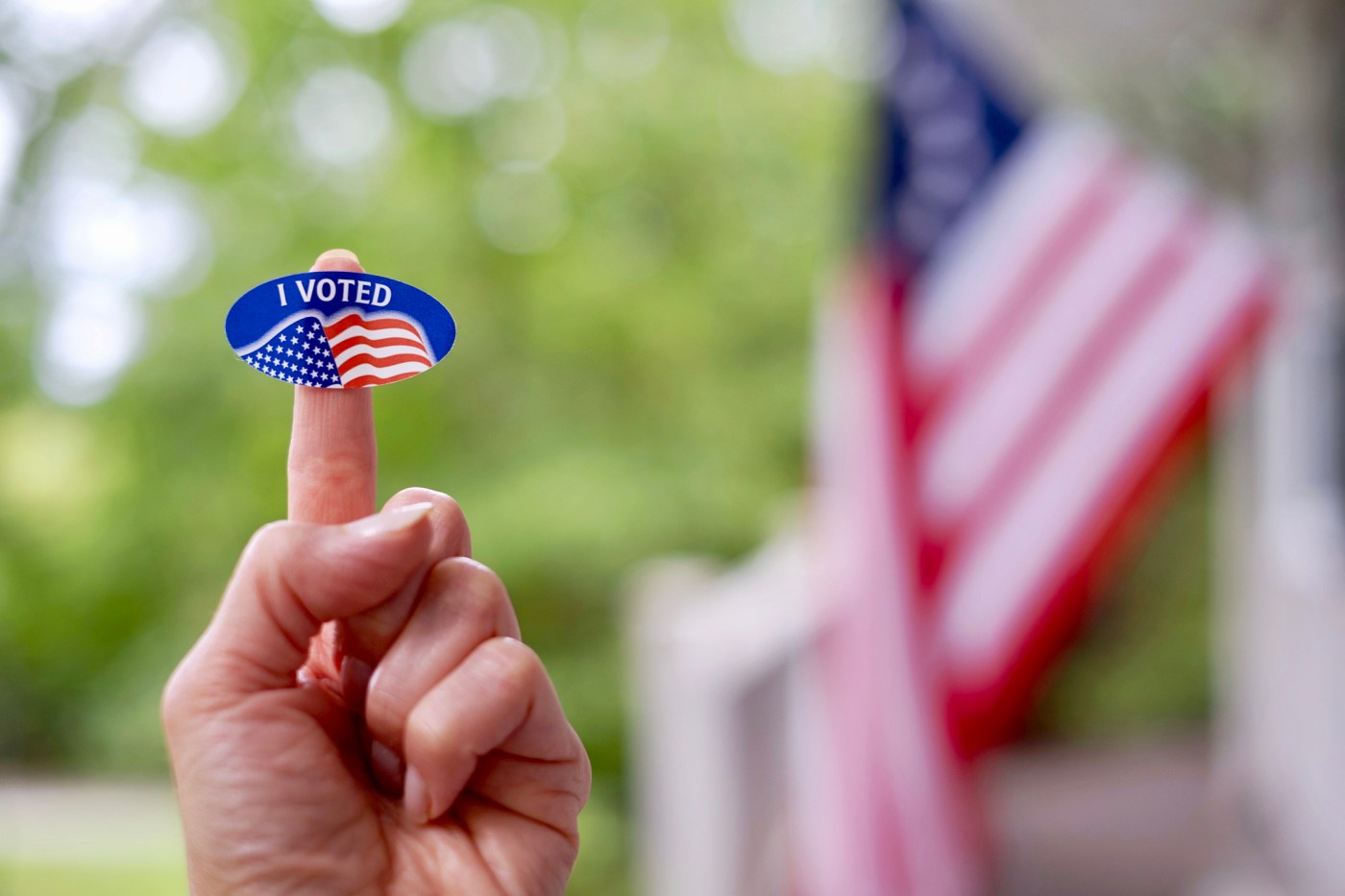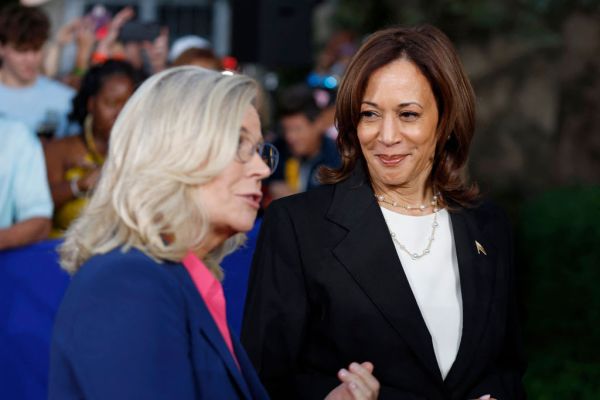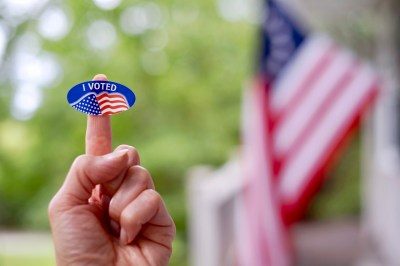I was feeling smugly superior about not voting again this year, until it arrived. There in my mailbox was a flier for Washington, D.C.’s Ballot Initiative 83. My heart sank. I would have to vote.
I stopped voting altogether for a few reasons, but the main one is that as a person who analyzes campaigns and forecasts elections, it keeps it cleaner in my cluttered mind not to have even a nominal rooting interest or investment in any outcome. It’s something like the fantasy football effect, in which one’s emotional investments interfere with the needed, mercenary kind of analysis.
I don’t think it’s strictly unethical for journalists to vote, especially not in elections apart from their own beats, but I like to keep it simple. And where I live, the vote of one displaced Appalachian American with a bust of Calvin Coolidge on his bookshelf is unlikely to turn the tide of any race.
But for those without vocational considerations, not voting can be, in its own way, a vote. By not participating, a citizen may be just endorsing the status quo; a kind of benign apathy. Indeed, high turnout in American elections is strongly correlated with unrest and anxiety. The highest turnout year in the era of universal suffrage was the plague year of 2020. The lowest was 1996, when the major debate was about which candidate would balance the budget better. Draw your own conclusions.
There’s another, more dangerous kind of nonparticipation, to be sure. These are the folks who hate the status quo but believe themselves powerless to change it. With these nonvoters, today’s dropout may be tomorrow’s populist fanatic, ripe pickings for the next demagogue. Unfortunately, our politics has catered very much to these voters in recent cycles. The apocalyptic tone of our national debates has discouraged the kind of stable, humdrum civic-minded participation needed in a republic.
One of the characteristic traits of American politics is how many elections we have. We’re always voting for something: two-tiered federal elections every other year with primaries and generals and then a blizzard of state and local office and referenda in between. It’s a little much for my small-r republican preferences, but the sheer volume of elections in America points to one of the most important virtues in our constitutional regime.
The most important election is always the next one. Politicians and media hype merchants tell us every cycle that this is the most important election in history, but the truth is that in a nation with stable system of elections held in a free, fair manner and abundant constitutional protections for political minorities, the knowledge that no election is the final word helps us to live in relative harmony. If you don’t like this year’s outcome, the Tuesday after the first Monday in November of every even-numbered year will give you the chance to try, try again.
That’s why the rhetoric about the death of democracy and rise of fascism we hear from both parties is so dangerous. In trying to get the dropouts into the electorate with this kind of talk, partisans are discouraging the appropriate kind of we’ll-get-’em-next-time back and forth that characterizes voting in a healthy American republic. Raise the rhetorical stakes high enough, for long enough, and you end up with a mob smashing in the windows of the Capitol.
It’s not the end of anything if the party opposite your own wins an election, just the continuation of a 235-year long argument that, Lord willing, will go on for another 235. That is, unless the demagogues convince us that we really do have to “vote like our lives depended on it” and people give up on the hope of next time. It’s enough to make a body not want to vote at all.
But here in my hands, on slickly printed card stock, was the notice that I, too, would have to join the pageant of democracy this year.
One of the conclusions I’ve reached in the past decade is that our primary election systems are killing us. Low-turnout, popular elections to determine who will represent each party in general elections are certainly more democratic than the old way of party bosses, but have produced a government that is less representative.
Every time you think to yourself, “Where do we get these people?” just thank a system in which activist voters in a little sliver of the electorate, often in gerrymandered districts, get to select the people who make and enforce laws for the whole populace. And unlike the bosses of yore, these voters don’t have their reputations on the line. But I won’t bang on again about my plea for primary election reform. I’ve made myself obnoxious about it.
Ballot Initiative 83 is calling my bluff as a nonvoter, though. For all my talk about the virtues of dispassionate disengagement, here’s a chance to vote for something that may itself help foster more dispassionate governance. The proposal is to open D.C.’s primary elections to independents, something useful in a one-party jurisdiction (the district voted 317,323 to 18,586 in the most recent presidential election) and would institute ranked-choice voting.
I have substantial qualms about ranked-choice voting in general elections, so this reform is imperfect in my mind. But I’ll try a little bold experimentation there if it’s the price to pay for getting the benefits of a ranked-choice primary system to change the incentives for candidates.
Plurality wins in crowded primary fields favor extremists who can develop intense followings. Ranked-choice voting encourages unity and comity as virtues in candidates who have to be concerned about the estimations of voters for whom they are not the first choice. If there is a reward for congeniality and moderation, then perhaps we will see more of those things.
So I will be voting this year, after all. Yes on Ballot Initiative 83 and that’s probably about it, except, of course, for my presidential write-in for my sister, Genny McIntyre. I’ll leave that fight for the rest of you.






Please note that we at The Dispatch hold ourselves, our work, and our commenters to a higher standard than other places on the internet. We welcome comments that foster genuine debate or discussion—including comments critical of us or our work—but responses that include ad hominem attacks on fellow Dispatch members or are intended to stoke fear and anger may be moderated.
With your membership, you only have the ability to comment on The Morning Dispatch articles. Consider upgrading to join the conversation everywhere.